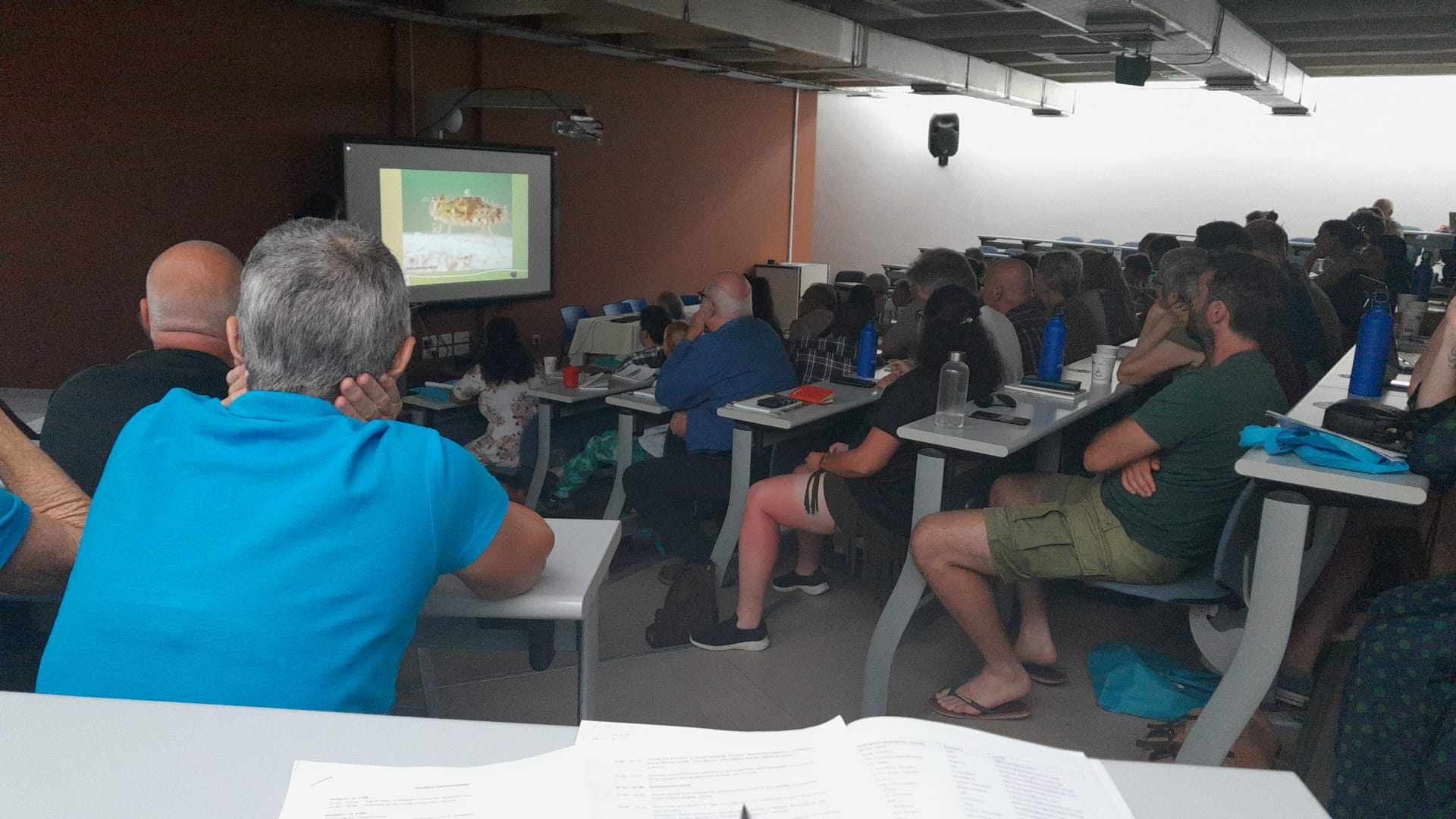Hot summer days at Cyprze☀️😎⛱
📍 Our project leader, Dr Szymon Sniegula, joined all dragonfly enthusiasts 🧚♀️, nature lovers and academic professionals to present the findings of the Ekopond 💪💪💪💪 The days there were baaaaavery hot and challenging, but definitely worth the journey.... ✈️
Place: International Congress of Odonatology 2023 (ICO 2023) at the University of Neapolis in Paphos, Cyprus (25 - 30 June)
Person: Dr. Szymon Śniegula, Prof. IOP PAN (presenter)
Title: Influence of urbanisation on life history traits of dragonflies
Abstract
Adaptation to urbanisation may require ecological and evolutionary changes in response to anthropogenic factors such as the 'urban heat island' and invasive alien predators. Another natural factor, seasonal temporal limitation, which increases with latitude, may mediate the effects of these anthropogenic stressors. Here, we examined the single and combined effects of elevated temperatures and invasive alien predators on the phenotypic response of replicated urban and rural populations of Ischnura elegans and compared them between mid- and high latitude populations. Specifically, I. elegans larvae were exposed to current temperature (20°C), mild warming (24°C) and a heat wave (28°C; high latitudes only) in combination with the presence or absence of the invasive alien spiny crayfish Faxonius limosus, found only at mid-latitudes. We measured the life history traits of the larvae: development time, mass and growth rate. The type of urbanisation affected all dragonfly traits, but the responses depended on latitude, temperature and sex. Mild warming decreased mass in rural populations and increased growth rate in urban populations. The effect of urbanisation on mass was more pronounced in populations living in central latitudes. The effects of urbanisation were sex-specific, with urban males being lighter and growing slower than rural males. With the current and mild warming temperatures, spiny cheek cues reduced growth rates, regardless of urbanisation and latitude. However, the predator effect reversed under the heat wave in damselflies at high latitudes. These results highlight the context-dependence of eco-evolutionary responses to urbanisation and indicate that responses to cities should not be generalised based on populations at a single latitude.

Conference participants (ICO 2023)



